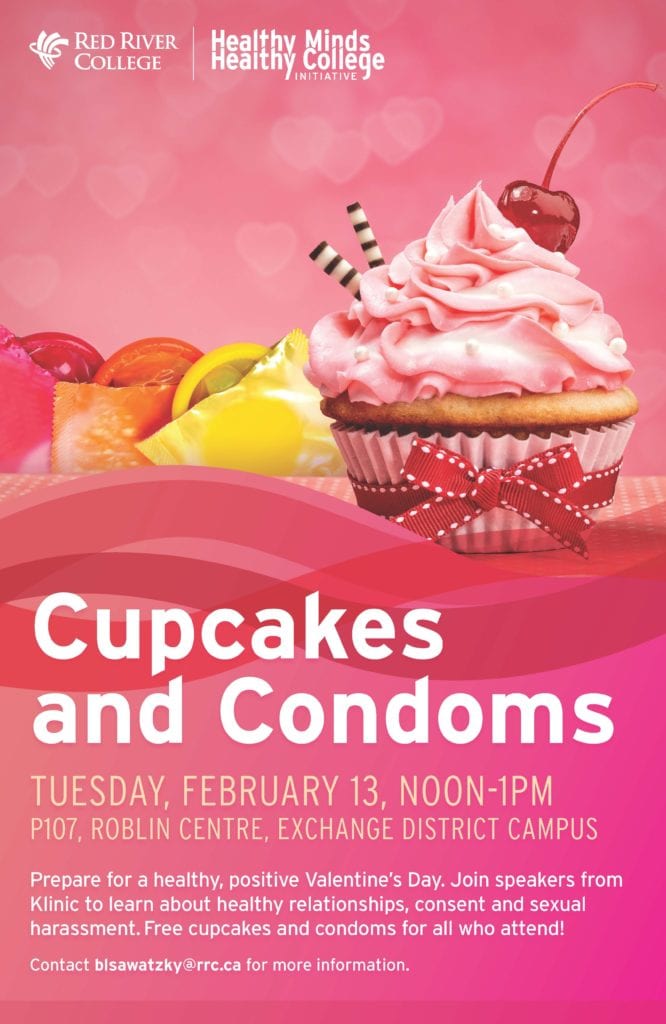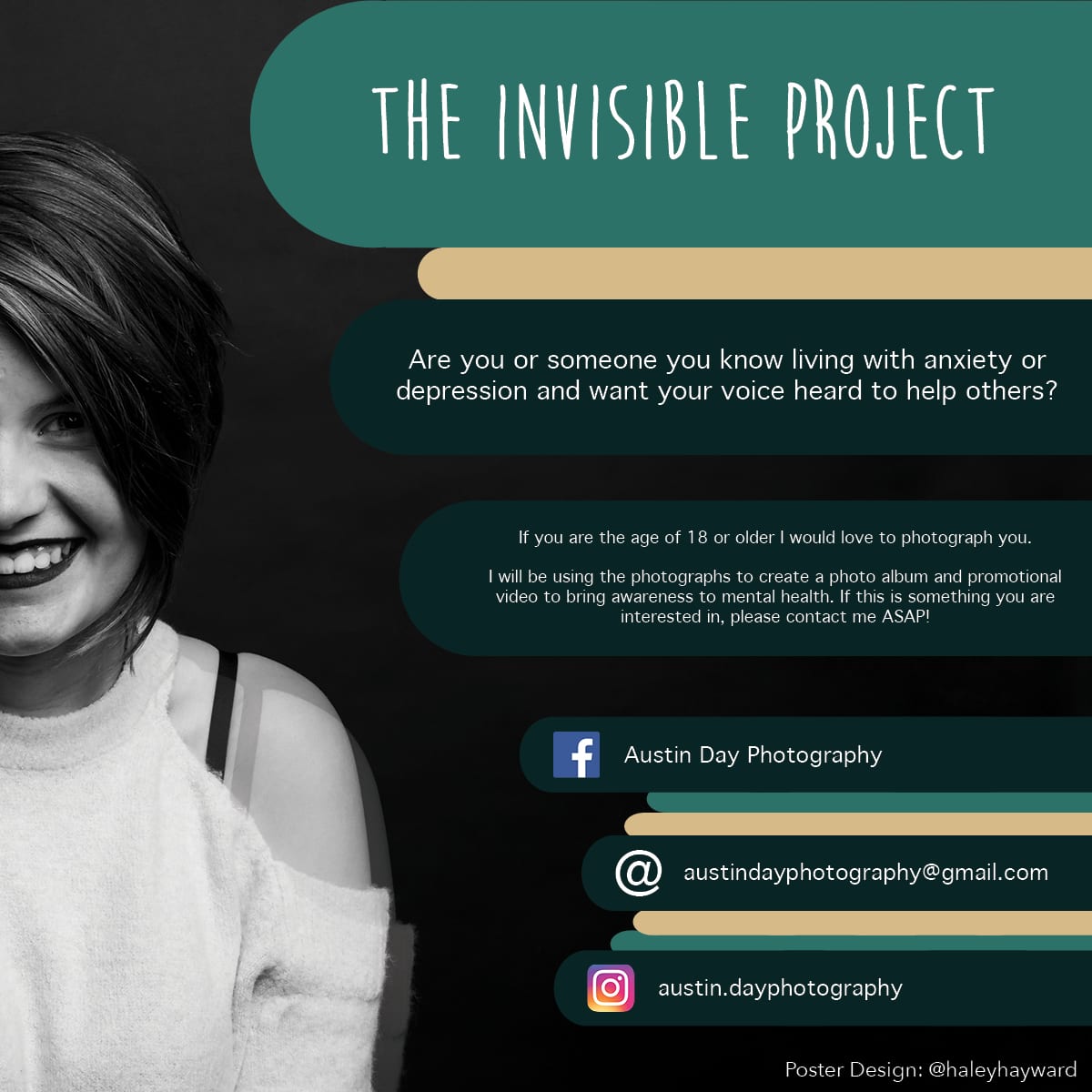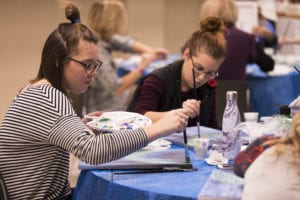Cupcakes & Condoms: A Healthy Relationships Event
On February 13th, join speakers from Klinic/SERC to learn about healthy relationships, consent, and sexual harassment. Learning about these important topics will help prepare you for a healthy and positive Valentine’s Day and beyond.
All students who attend are welcome to free condoms and a red velvet cupcake from Lilac Bakery.
Room P107, Roblin Centre, Exchange District Campus, from noon-1pm on Tuesday, February 13.
















